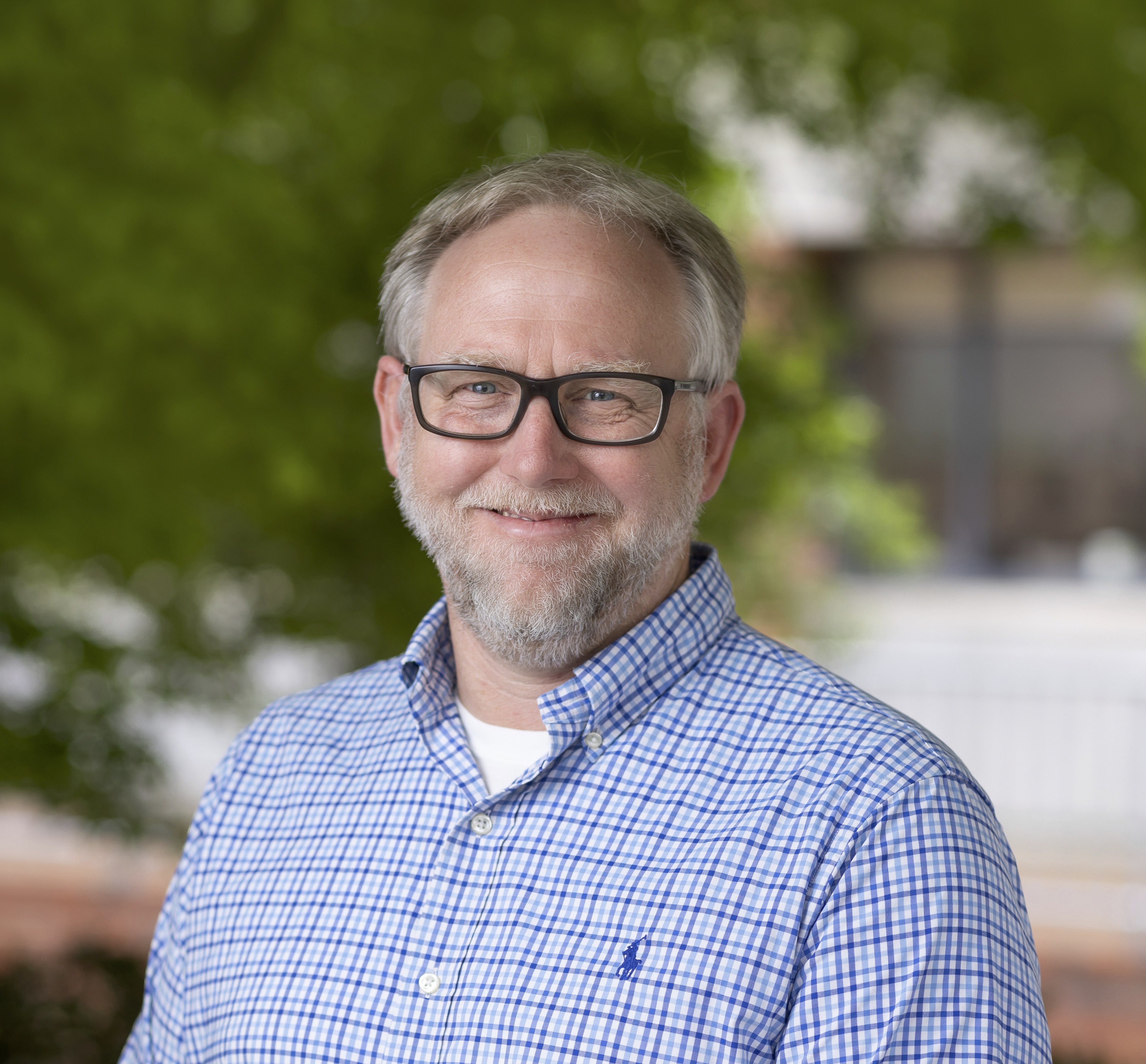Pieter Eichhorn

Dr. Pieter Eichhorn holds a bachelor of science degree specializing in human genetics from the University of Western Ontario. He did his Ph.D. work under the direction of Prof. Tom Strachan at the University of Newcastle upon Tyne, focusing on cloning of the gene for Cornelia de Lange syndrome. He then did his postgraduate studies with Rene Bernards at the Netherlands Cancer Institute, Amsterdam, where he performed some of the first RNAi screens in mammalian cells that led to the identification of the PP2A subunit PR55 gamma as a potent inhibitor of the oncogene c-SRC. In 2006 he joined the lab of Jose Baselga at Vall d’Hebron Institute of Oncology, Barcelona, Spain, where he continued utilizing genome wide technologies to identify novel genes in cancer relevant pathways, including work that led to the identification of PI3K hyperactivation in Lapatinib resistance. In 2010 he became a faculty member at Massachusetts General Hospital and Harvard Medical School where he identified both cyclin E and RSK4 as mechanisms of resistance to Trastuzumab and PI3K inhibitors, respectively. Pieter then worked as a Group Leader at the Cancer Science Institute prior to taking a position as an Associate Professor and Dean of Research Infrastructure at Curtin University. Pieter’s research has continued to focus on identifying mechanisms of resistance to targeted therapies in cancer, primarily focusing on the roles of ubiquitin modifying enzymes and long non-coding RNAs in this regard.
Abstracts this author is presenting:

